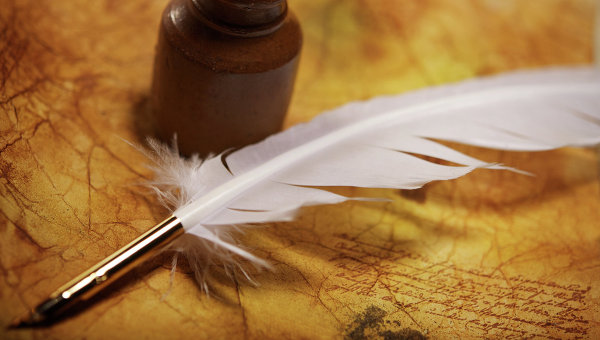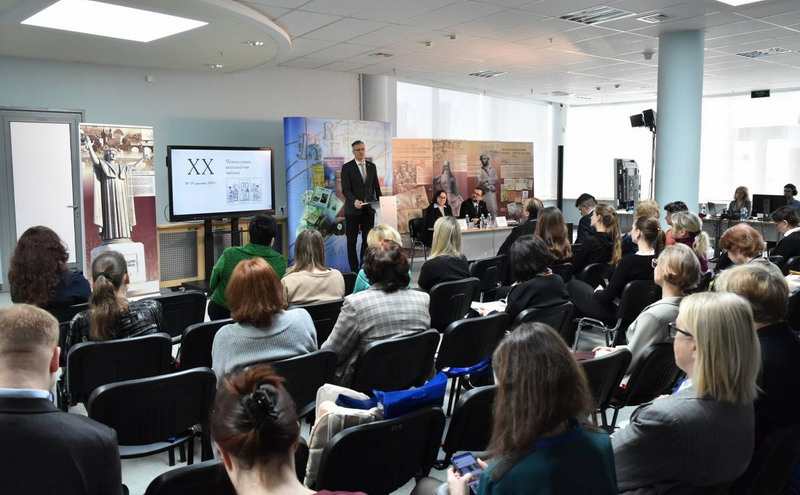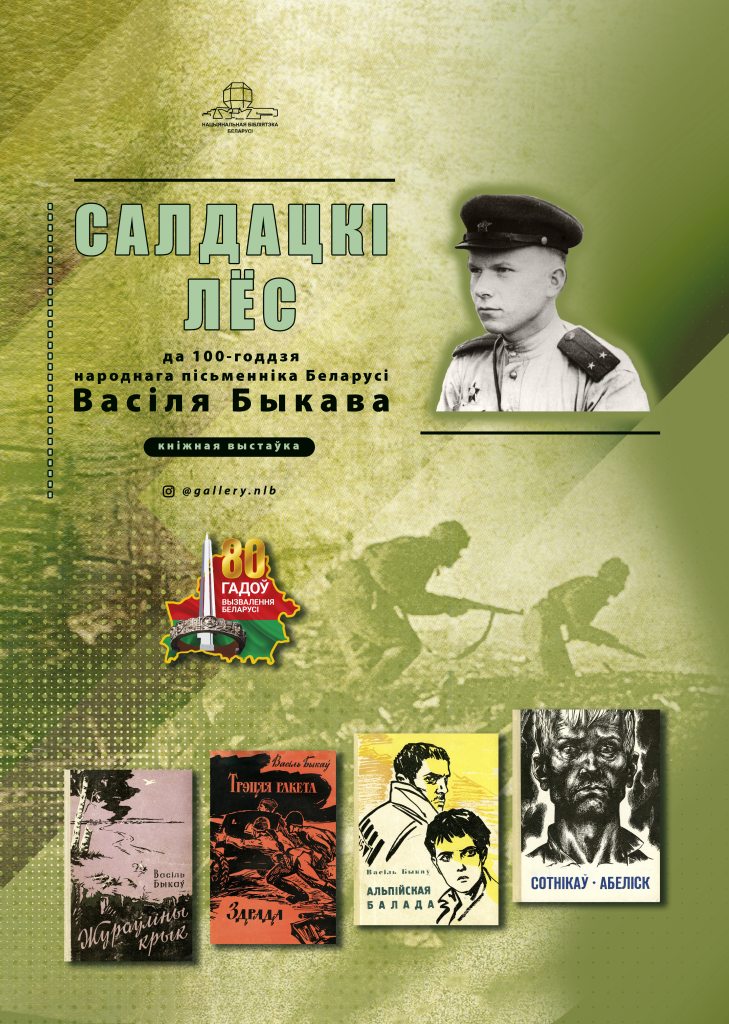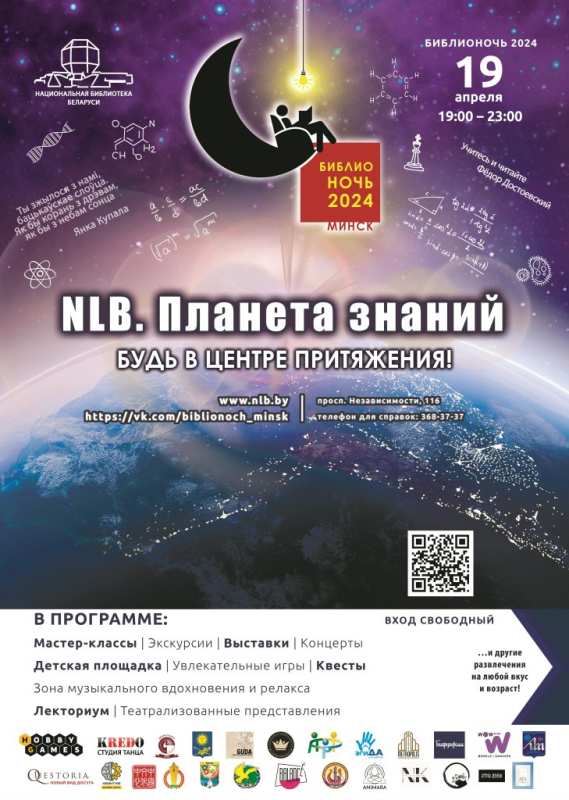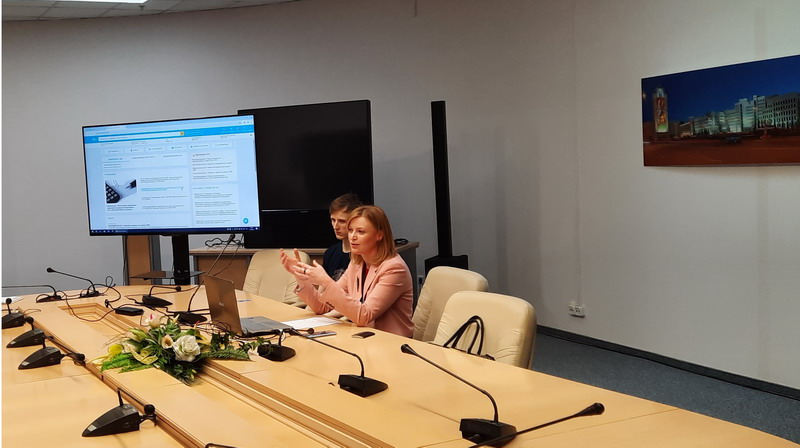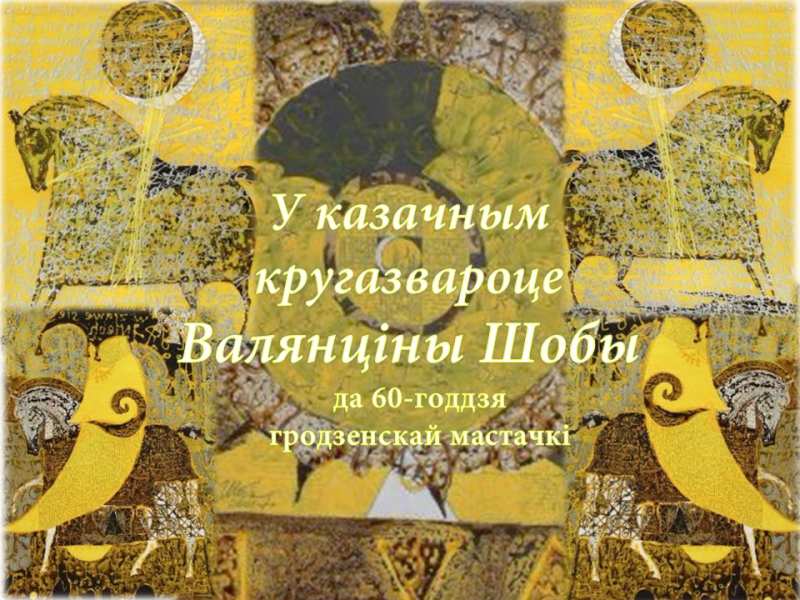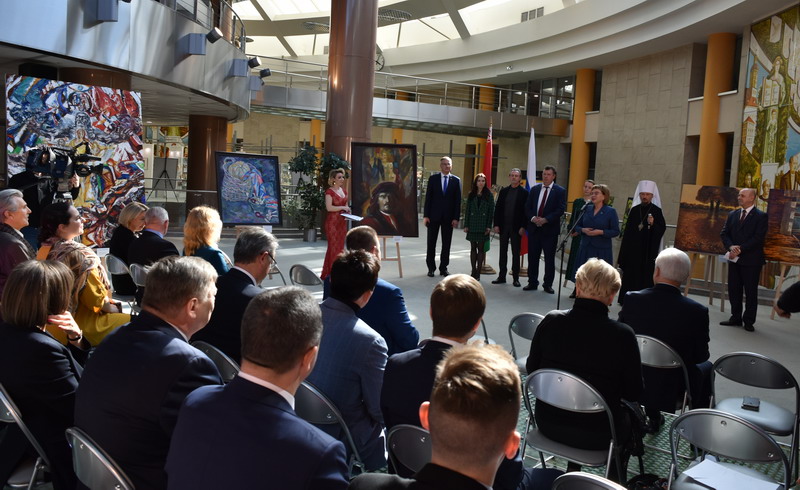Every year on 21 March UNESCO celebrates World Poetry Day. A decision to proclaim 21 March as World Poetry Day was adopted during the UNESCO’s 30th session held in Paris in 1999.
This Day is meant to support poetry, return to the oral tradition of poetry recitals, promote teaching poetry, restore a dialogue between poetry and the other arts such as theatre, dance, music, painting and so on, support small publishers and create an attractive image of poetry in the media so that the art of poetry will no longer be considered an outdated form of art but one.
Here is a message from Ms Irina Bokova, Director-General of UNESCO, on the occasion of World Poetry Day.
Every year, UNESCO celebrates those who give life to poetry as one of the highest forms of linguistic and cultural expression. Poetry is a song of freedom, enabling us to affirm our identity through creation. Poetry is also the song of our deepest feelings; in the words of the Brazilian poet and diplomat Joao Cabral de Melo Neto, “even unintentionally, every word that comes from emotion is poetry”. Through its words and its rhythm, poetry gives shape to our dreams of peace, justice and dignity, and gives us the strength and desire to mobilize to make them real.
All peoples throughout history have developed and practiced forms of poetry, so as to pass on orally their knowledge, history and myths – the Vedas and Ramayana in India, the Hebrew Bible, the Iliad and the Odyssey in Greece and many other philosophical and religious texts – to express feelings, to talk about daily life, to withstand trials or to entertain. Today, contemporary forms of poetry, from graffiti to slam, enable young people to become engaged in the practice and renew it by opening the door to a new space for creation. The forms evolve, but the poetic impulse remains intact. Shakespeare described poetry as the music that each man carries inside himself and, centuries later, the jazz musician Herbie Hancock, UNESCO Goodwill Ambassador and 2014 Charles Eliot Norton Professor of Poetry at Harvard University, has recalled the affinities between poetry, literature and music in his lecture on “the wisdom of Miles Davis”.
As a deep expression of the human mind and as a universal art, poetry is a tool for dialogue and rapprochement. The dissemination of poetry helps to promote dialogue among cultures and understanding between peoples because it gives access to the authentic expression of a language. We see this in the inspiration of people celebrating intangible cultural heritage, mother tongues and cultural diversity, where poetry always plays a major role. That is why UNESCO encourages and calls for the support of authors and translators, the craftspeople of poetry, so that we might tap into the essence of beauty and inspiration for peace in their works.
Source: UNESCO
See also:
World Poetry Day 2013

